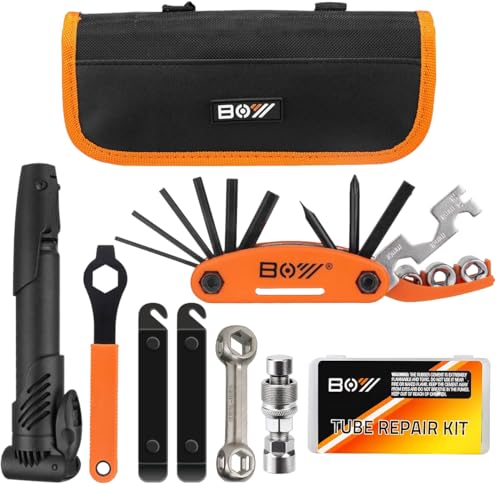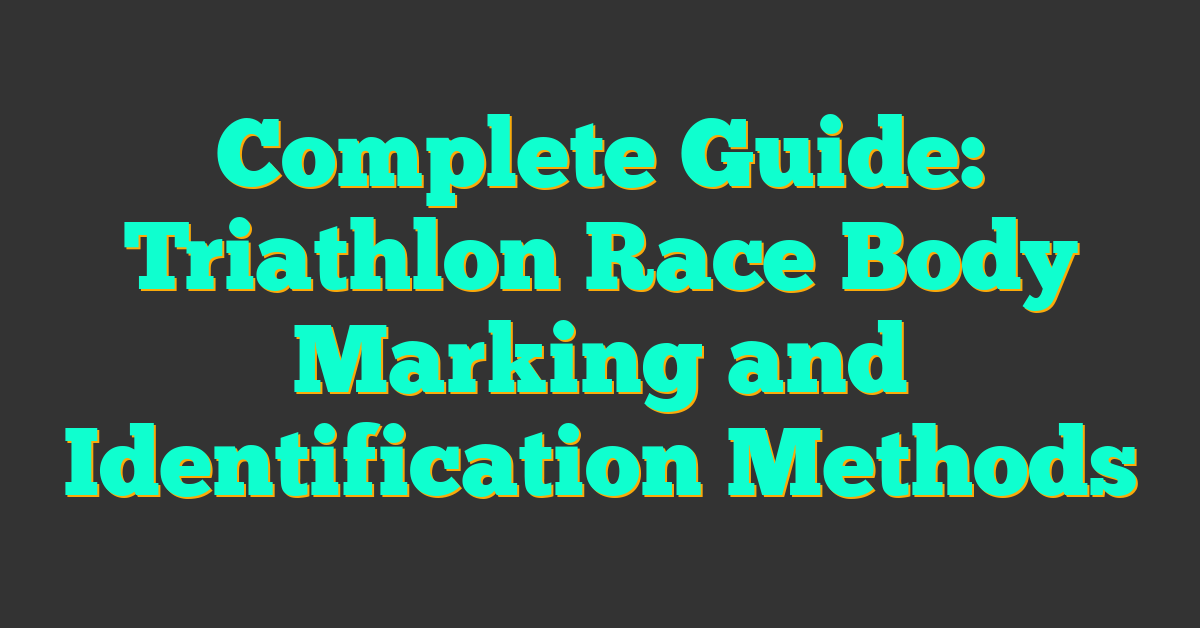Participating in a triathlon is an exhilarating experience, but proper nutrition can make all the difference between finishing strong and feeling drained. I’ve found that understanding what to eat before, during, and after the race is key to performing your best.

Before the race, fueling up with the right carbohydrates gives you the energy to power through each segment. During the event, staying hydrated and maintaining your energy levels with quick snacks helps keep you going. And after crossing the finish line, replenishing your body with the right nutrients speeds up recovery.
In this guide, I’ll share essential nutrition tips to help you prepare, sustain, and recover effectively throughout your triathlon journey.
Pre-Race Nutrition
Preparing my body with the right nutrients before race day ensures optimal performance. I focus on strategic carbohydrate intake and effective hydration to fuel my triathlon.
Carbohydrate Loading
I increase my carbohydrate intake three days before the race to maximize glycogen stores. Consuming 7-10 grams of carbohydrates per kilogram of body weight enhances endurance. Foods like pasta, rice, and potatoes provide the necessary energy. For example, a 70kg athlete aims for 490-700 grams of carbohydrates daily.
Hydration Strategies
I maintain proper hydration by drinking fluids consistently in the days leading up to the race. Aiming for 2-3 liters of water per day prevents dehydration. Including electrolyte-rich beverages helps balance sodium and potassium levels. On race morning, I consume 500 milliliters of water two hours before the start to ensure optimal hydration.
Race-Day Nutrition
Maintaining my energy levels and hydration throughout the race is crucial for optimal performance. Here’s how I fuel during each segment of the triathlon.
Fueling During the Swim
Swimming requires minimal fueling, focusing on hydration and electrolyte balance.
| Nutrient | Amount | Sources |
|---|---|---|
| Hydration | Small sips before swim | Water, electrolyte solution |
| Electrolytes | As needed | Electrolyte tablets |
Fueling During the Bike
The bike segment allows consistent energy and hydration intake.
| Nutrient | Amount | Sources |
|---|---|---|
| Carbohydrates | 30-60 grams per hour | Energy bars, gels, sports drinks |
| Hydration | 500-750 milliliters per hour | Water, electrolyte beverages |
| Electrolytes | Included as needed | Electrolyte-rich foods, supplements |
Fueling During the Run
Maintaining energy and hydration during the run ensures a strong finish.
| Nutrient | Amount | Sources |
|---|---|---|
| Carbohydrates | 30-60 grams per hour | Gels, chews, sports drinks |
| Hydration | 250-500 milliliters every 20-30 minutes | Water, electrolyte solution |
| Electrolytes | As needed | Electrolyte supplements |
Post-Race Nutrition
After crossing the finish line, proper nutrition supports recovery and prepares my body for future training sessions.
Recovery Meals
I focus on consuming a balanced meal within 30 minutes post-race to maximize muscle repair and glycogen replenishment. A typical recovery meal includes:
- Protein: 20-30 grams from sources like lean chicken, tofu, or a protein shake.
- Carbohydrates: 50-100 grams from options such as brown rice, quinoa, or sweet potatoes.
- Healthy Fats: A small portion from avocado, nuts, or olive oil.
- Vegetables: A variety for essential vitamins and minerals.
Hydration and Electrolytes
Rehydrating efficiently restores fluid balance and replaces lost electrolytes. My post-race hydration strategy includes:
- Water Intake: Drink 1-2 liters of water within the first few hours after the race.
- Electrolyte-Rich Beverages: Consume sports drinks or coconut water to replenish sodium, potassium, and magnesium.
- Electrolyte Supplements: Consider adding electrolyte tablets to water for additional mineral support.
| Hydration Strategy | Amount |
|---|---|
| Water Intake | 1-2 liters |
| Electrolyte-Rich Beverages | 500-750 milliliters |
| Electrolyte Supplements | As directed on package |
Implementing these post-race nutrition practices ensures effective recovery and sets the stage for continued training success.
Conclusion
Taking charge of your nutrition can make a huge difference in your triathlon performance. I’ve seen firsthand how the right fuel keeps energy steady and recovery smooth. Trusting these basics will help you push through each stage with confidence and strength. Remember that listening to your body and adjusting as needed is key. Embrace your nutrition plan and enjoy the journey to crossing that finish line strong. Happy training!










